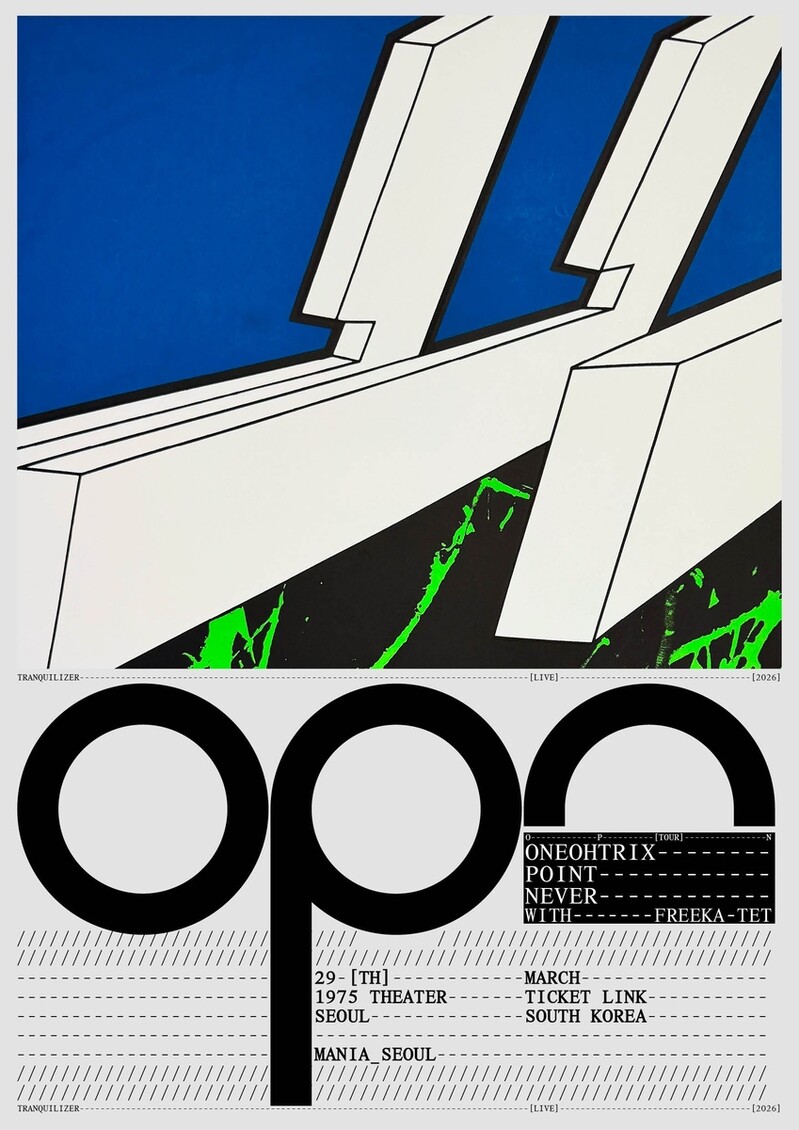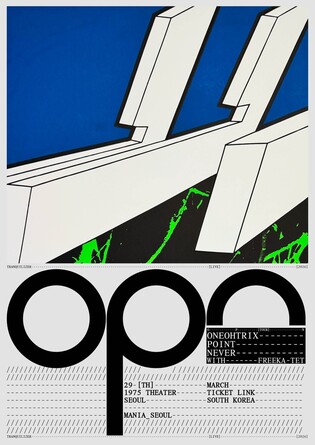(Olympics) short track-performance
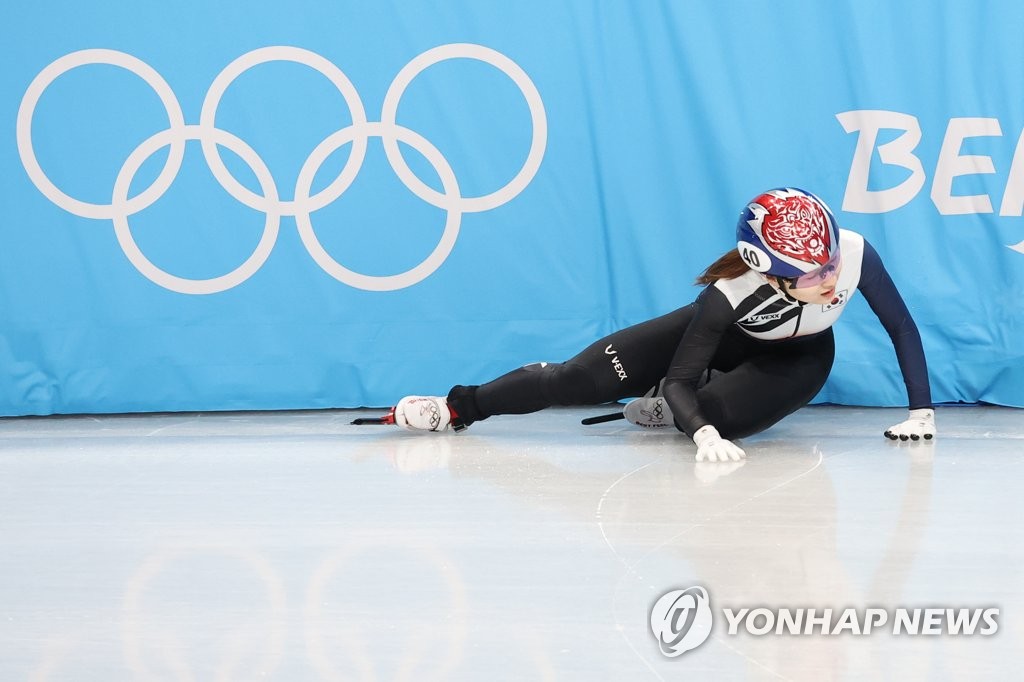 |
| ▲ Choi Min-jeong of South Korea stays on the ice after crashing into the padding at Capital Indoor Stadium following a fall during her quarterfinal heat in the women's 500m short track speed skating race at the Beijing Winter Olympics on Feb. 7, 2022. (Yonhap) |
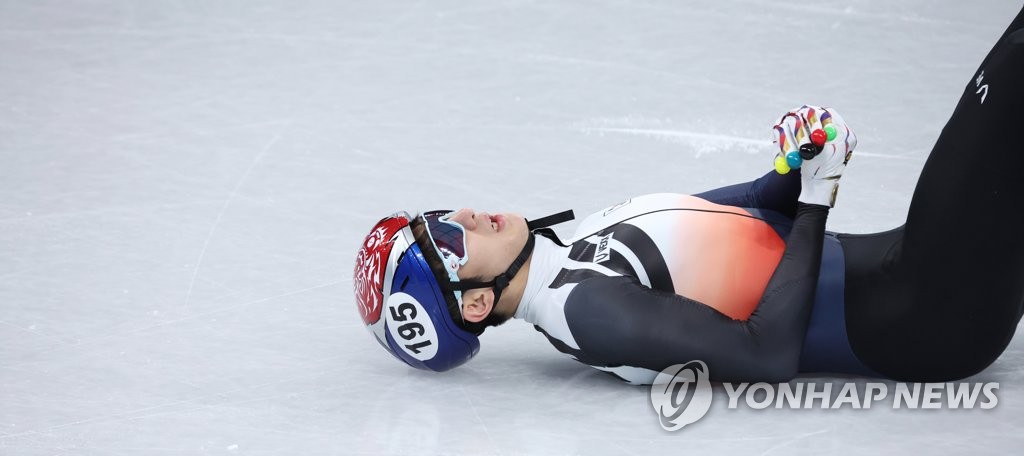 |
| ▲ Park Jang-hyuk of South Korea stays down on the ice after injuring his left hand in the quarterfinals of the men's 1,000m short track speed skating race at the Beijing Winter Olympics at Capital Indoor Stadium in Beijing on Feb. 7, 2022. (Yonhap) |
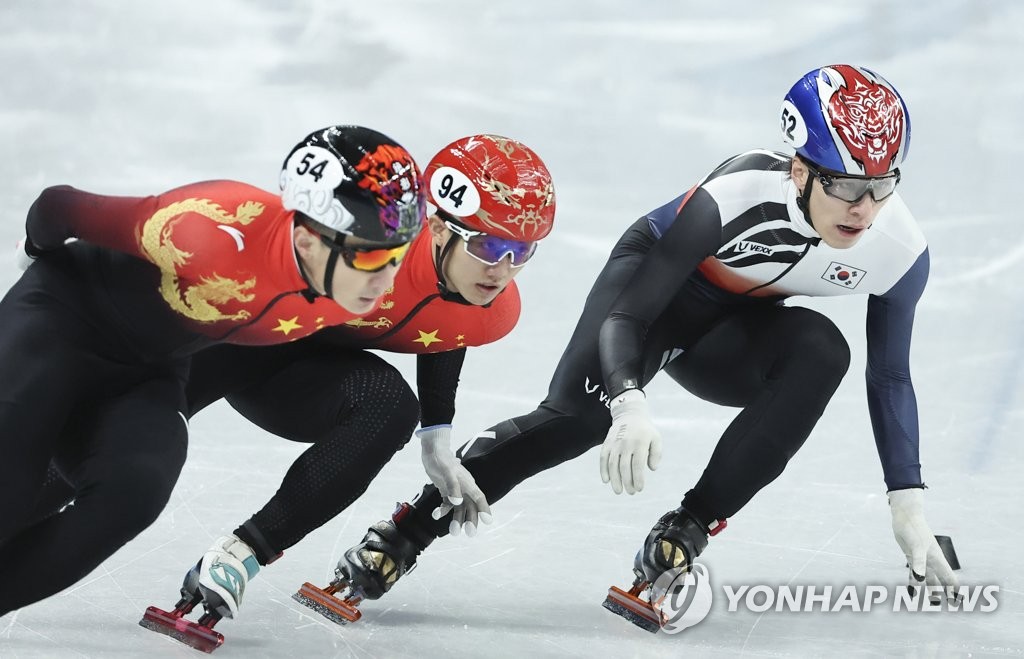 |
| ▲ Hwang Dae-heon of South Korea (R) competes in the semifinals of the men's 1,000m short track speed skating race alongside Ren Ziwei (L) and Li Wenlong of China at the Beijing Winter Olympics at Capital Indoor Stadium in Beijing on Feb. 7, 2022. (Yonhap) |
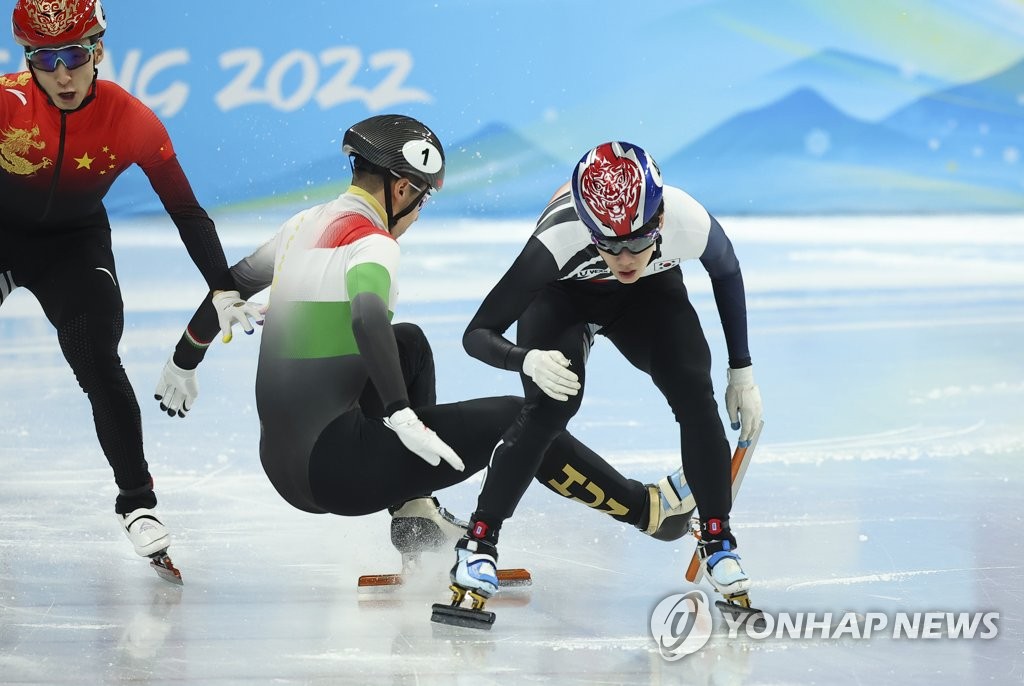 |
| ▲ Lee June-seo of South Korea (R) skates past Liu Shaoang of Hungary after making contact with him in the semifinals of the men's 1,000m short track speed skating race at the Beijing Winter Olympics at Capital Indoor Stadium in Beijing on Feb. 7, 2022. (Yonhap) |
(Olympics) short track-performance
(Olympics) S. Korea shut out of short track medals -- again
By Yoo Jee-ho
BEIJING, Feb. 7 (Yonhap) -- Two falls and two penalties equaled zero medals for South Korea in short track speed skating at Beijing 2022 on Monday.
The day began with plenty of promise at Capital Indoor Stadium, as South Korea had four skaters with a chance to claim not only the first medal in short track, but the first medal for the country at the ongoing Winter Olympics.
Choi Min-jeong was scheduled to kick things off in the women's 500m quarterfinals. Then three men -- Hwang Dae-heon, Lee June-seo and Park Jang-hyuk -- were set to skate in the men's 1,000m quarterfinals. The semifinals and the finals were set for later Monday night.
But no South Korean even made it that far.
Things turned sour for the team rather quickly. In her quarterfinal heat, Choi fell without any contact with two laps left in the 4 1/2-lap and crashed hard into the padded wall.
Having so suddenly lost a bid to become the first South Korean champion of the women's 500m, Choi slapped the ice with her right hand in anger. Choi was reduced to tears after the race, unable to describe what had gone wrong when she felt she had been in a great position to win it all.
"I thought I had prepared myself well for this race," Choi said. "I am really disappointed."
It was only the beginning of a chaotic evening for South Korea. In the men's 1,000m quarters, Park suffered a cut on his left hand in a collision.
Park's skate got clipped by that of Pietro Sighel from Italy, causing Park to lose his balance and fall. And as Park skidded toward the wall, Wu Dajing of China was fast approaching from behind and inadvertently hit Park's left hand with his skate.
Park grabbed his left hand in immediate pain and was later stretchered off the ice. The referee moved Park to the semifinals, but the South Korean withdrew from the event. The Korean Sport & Olympic Committee said he was being treated at a hospital near the athletes' village.
Then the two remaining male skaters were both disqualified.
In the first semifinal heat, Hwang was penalized for making contact with Li Wenlong of China with what the referee said was an illegal late passing.
In the next race, Lee was sent packing for making a lane change that caused contact with Liu Shaoang of Hungary.
The short track competition began Saturday with the inaugural mixed team relay, and South Korea crashed out of the quarterfinals, the first phase, after Park fell late in the race.
Then on Monday, the quartet of skaters failed to come through for a nation eagerly anticipating its first medal from China.
Hwang and Park left the arena without answering questions from the media.
The short track races will resume Wednesday with the men's 1,500m, the women's 1,000m and the women's 3,000m relay.
South Korea has won the most short track gold medals in Olympic history with 24 and also the most medals overall with 48.
(END)
(C) Yonhap News Agency. All Rights Reserved




























![[가요소식] 베이비몬스터,](/news/data/20251219/yna1065624915960276_172_h2.jpg)
